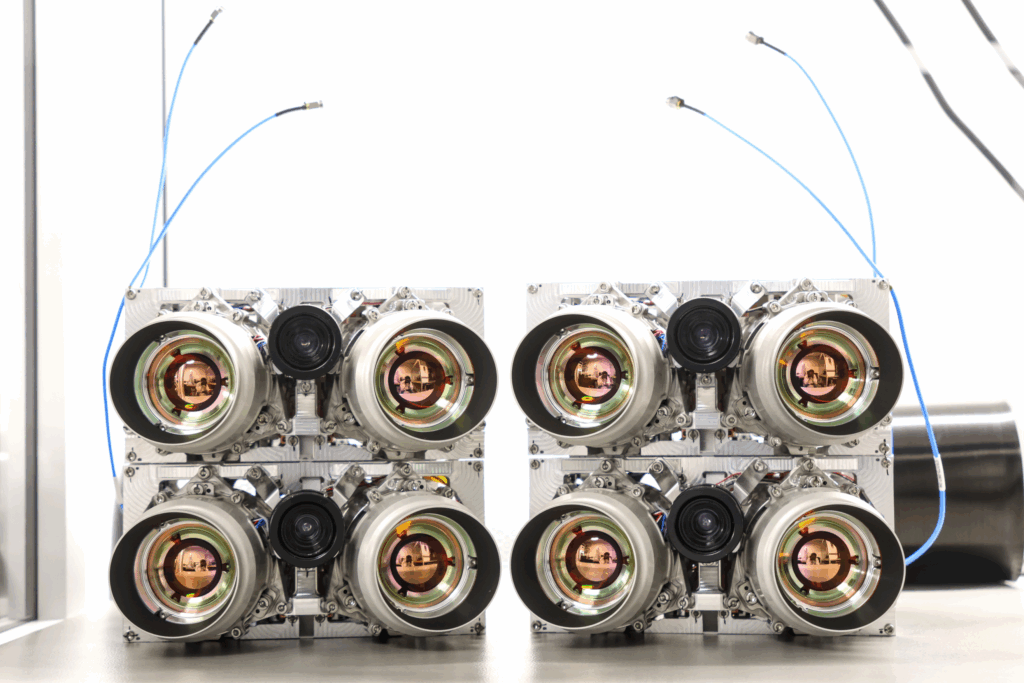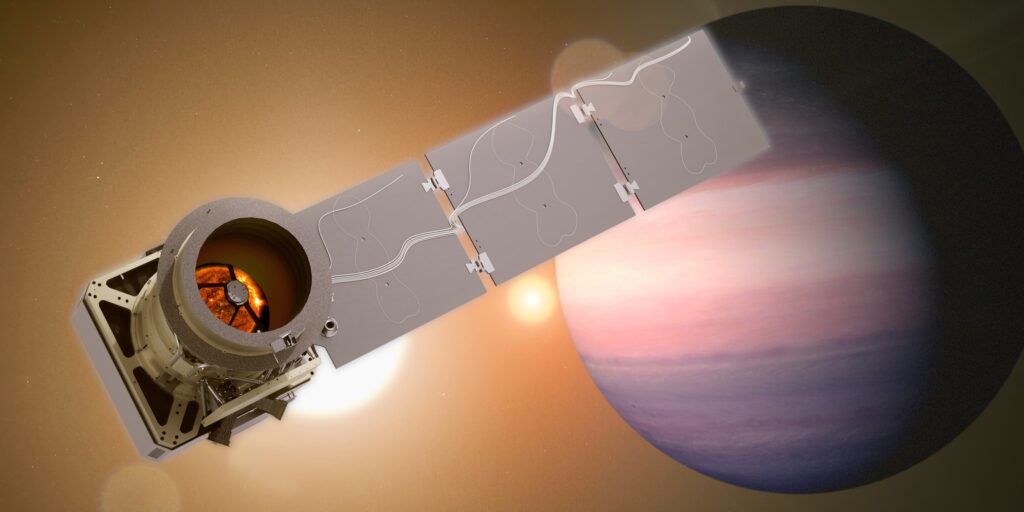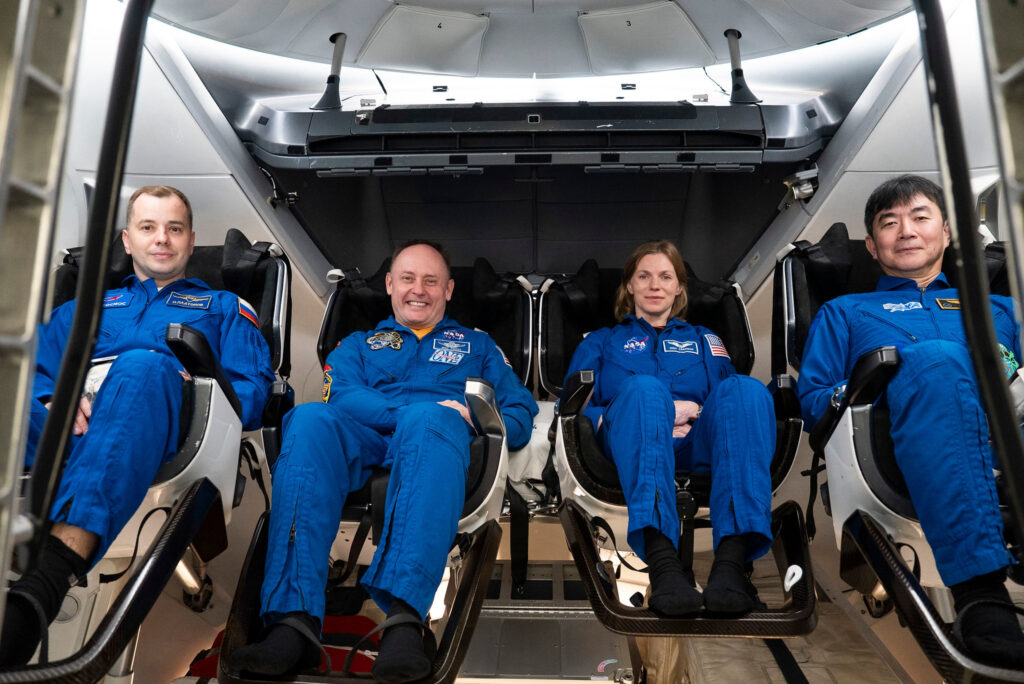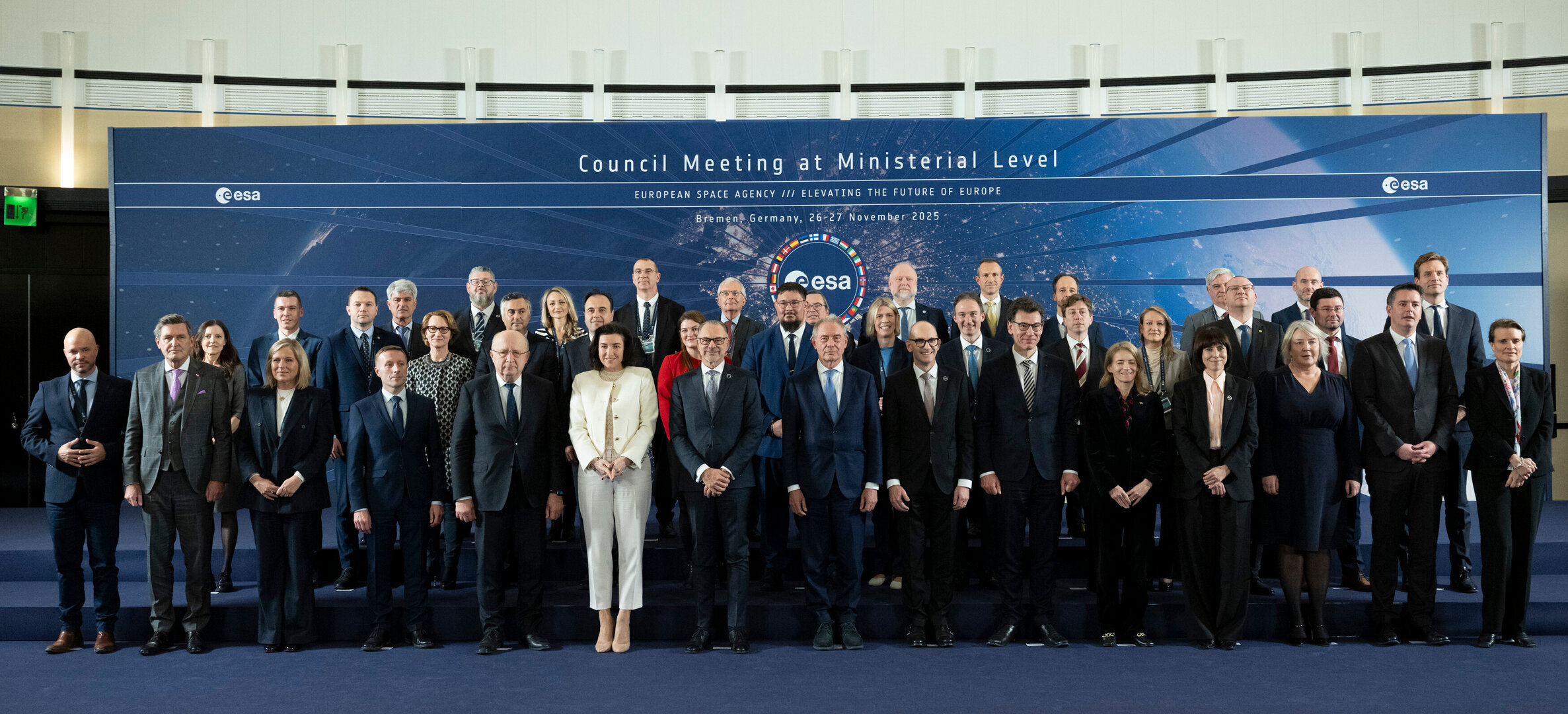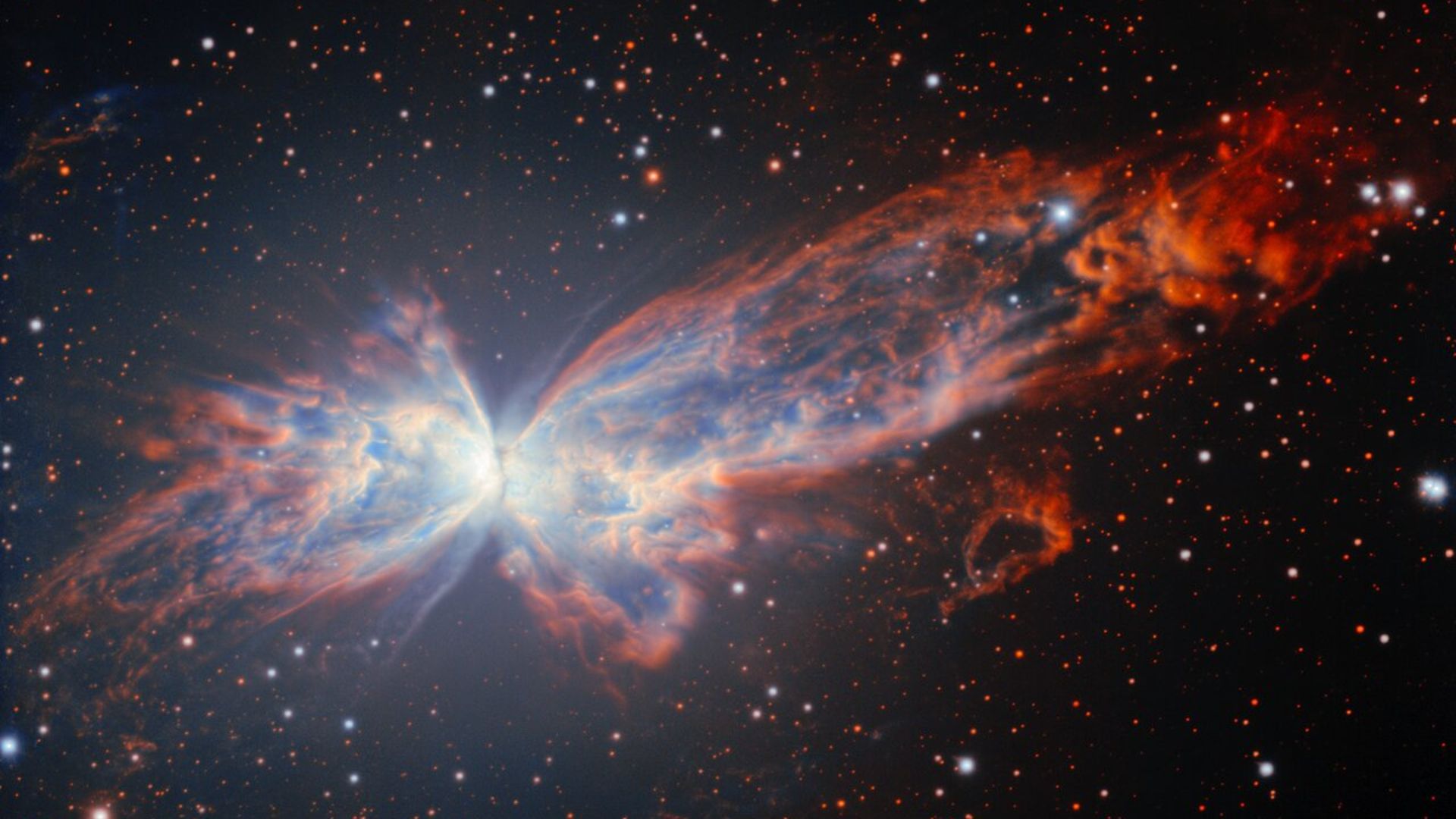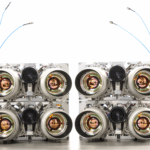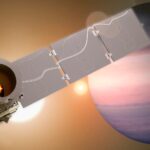Now Reading: Diverging priorities shape opening day of ESA Ministerial 2025
-
01
Diverging priorities shape opening day of ESA Ministerial 2025
Diverging priorities shape opening day of ESA Ministerial 2025


BREMEN, Germany – As the 23 member states of the European Space Agency meet this week to decide its budget for the next three years, its three major contributors – Germany, France and Italy – are signaling they will heavily support the agency.
Yet even as ESA leaders push for unity, officials from those countries have hinted that their backing is driven by sharply different national priorities.
Germany, for example, wants to maintain leadership and build sovereignty, while also developing a more balanced relationship with the United States.
Dorothee Bär, Germany’s federal minister of research, technology and space, said that “Within Europe, Germany must take a leading role. We are the largest country in the EU, and I believe people always look closely at what Germany does.”
Germany also confirmed today that it intends to increase its previous contribution, which in 2022 exceeded €3.5 billion.
Bär also sketched her government’s position on relations with the United States.
“Sovereignty is essential. We will, of course, continue to work closely with NASA, but we must be able to speak with them as equals. That means we must continue our work while also expanding our independence,” she said.
France equally insists on European independence from external suppliers — Russia and China, certainly, but the United States as well. Without announcing a specific budget increase, France’s Minister of Higher Education, Research and Space Philippe Baptiste said that “the priorities for France today are to reaffirm the issue of strategic autonomy. We will not build a space for Europe if we do not have some form of strategic autonomy. We would be the only continent to develop a European industry while at the same time buying technological components from elsewhere.”
Yet the two countries, despite sharing the word “sovereignty” in their intentions, may find themselves competing where it matters most: rockets . France remains intent on keeping launcher capabilities anchored in its industrial ecosystem, while Germany might be pushing alternatives such as those emerging from the European Launcher Challenge, notably German companies Isar Aerospace and Rocket Factory Augsburg.
Further friction could arise from France’s push to revise the georeturn rule, a principle of “fair return” on the basis of which a country receives equivalent contracts in proportion to its contributions. This would change how benefits are distributed among member states. France has long been skeptical of ESA’s georeturn mechanism, largely because of its entrenched launcher sector and vertically integrated industrial base. In Paris’s view, the rule limits the competitiveness of the national launch industry and, by extension, Europe’s overall access to space.
Baptiste restated this position during the Ministerial: “We have to shed our naivety — especially regarding the georeturn. That is fundamental if we want to develop an industry that is solid and sustainable.”
Italy, by contrast, appears focused on maximizing ESA investment to extract as much georeturn as possible.
Adolfo Urso, Italy’s minister of enterprises and Made in Italy, highlighted the domestic industrial ecosystem: “We have in Italy more and more of a system of large, but also medium and small enterprises which are also growing thanks to the system of space factories.” His remarks point to Italy’s strategy to use space as a lever to train and expand its industrial and technological base—particularly in satellite manufacturing, given the reference to the Italian space factories.
Notably, Italy did not echo the sovereignty-from-the-U.S. narrative. Urso instead referred to the United States as “our main ally.”
All this points to potentially turbulent negotiations ahead — not necessarily over shared goals such as Earth observation, climate missions or secure connectivity programs (IRIS², ERS) — but over national-identity programs where industrial stakes run high, notably launchers and lunar exploration.
In the words of ESA Director General Josef Aschbacher: “Will you choose unity or fragmentation?”
The answer will be clear only once the Ministerial concludes.
Stay Informed With the Latest & Most Important News
Previous Post
Next Post
-
 01From Polymerization-Enabled Folding and Assembly to Chemical Evolution: Key Processes for Emergence of Functional Polymers in the Origin of Life
01From Polymerization-Enabled Folding and Assembly to Chemical Evolution: Key Processes for Emergence of Functional Polymers in the Origin of Life -
 02Two Black Holes Observed Circling Each Other for the First Time
02Two Black Holes Observed Circling Each Other for the First Time -
 03How New NASA, India Earth Satellite NISAR Will See Earth
03How New NASA, India Earth Satellite NISAR Will See Earth -
 04Thermodynamic Constraints On The Citric Acid Cycle And Related Reactions In Ocean World Interiors
04Thermodynamic Constraints On The Citric Acid Cycle And Related Reactions In Ocean World Interiors -
 05Φsat-2 begins science phase for AI Earth images
05Φsat-2 begins science phase for AI Earth images -
 06Hurricane forecasters are losing 3 key satellites ahead of peak storm season − a meteorologist explains why it matters
06Hurricane forecasters are losing 3 key satellites ahead of peak storm season − a meteorologist explains why it matters -
 07Binary star systems are complex astronomical objects − a new AI approach could pin down their properties quickly
07Binary star systems are complex astronomical objects − a new AI approach could pin down their properties quickly












